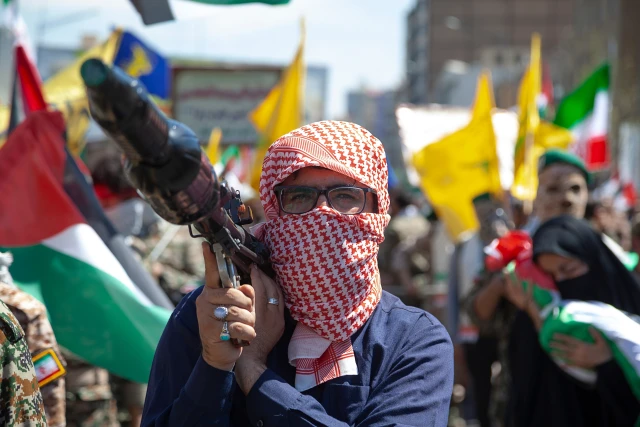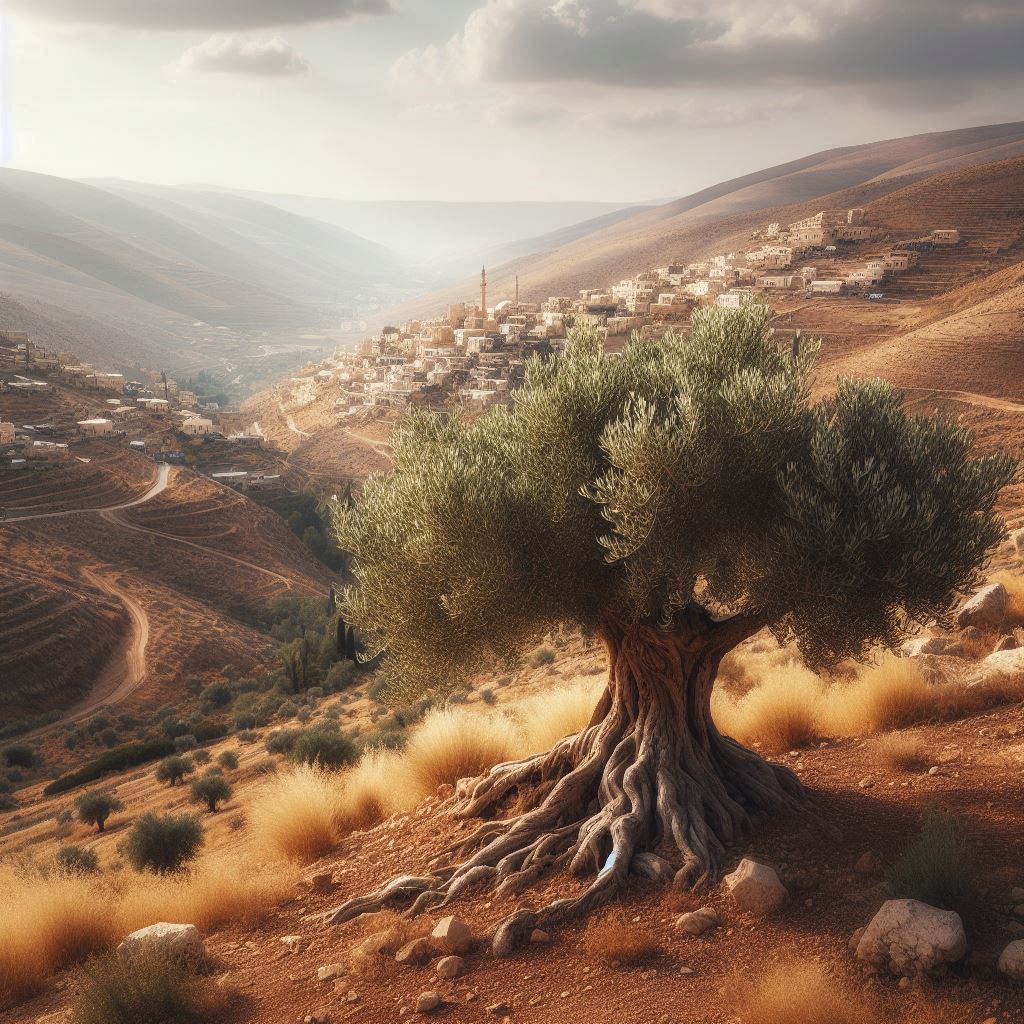Jihadist ideology vs the voice of the people - A Palestinian Christian looks at Iran

A Personal Introduction: Pain with a Hint of Hope
When I hear the word “Iran,” more than one image floods my mind. It’s a land of ancient culture and profound beauty—but also deep pain. A country ruled by a religious dictatorship, where daily life is often marked by fear, control, and spiritual suffocation.
But beneath the heavy clouds, flickers of light are seen. A quiet, but resilient underground church is growing. Young people are searching for truth. There is hunger for something more — for freedom, for purpose, for hope.
A Glimpse of the Current Situation
Iran is a Shi’a Islamic state where the regime uses religion as a tool of control. The clerical elite grips power tightly — silencing dissent, imprisoning voices, and weaponizing faith for political gain. The economy is crumbling. Corruption is widespread. Millions are burdened by poverty and unemployment.
Yet, courage persists. Movements like “Woman, Life, Freedom” have brought masses, especially women, into the streets, not only protesting Islamic dress codes, but demanding dignity, human rights, and life free from religious tyranny. The Iranian people are not passive. They are resilient, even when bruised.
Though Shi’a Islam in Iran and Sunni Islam in places like Gaza differ theologically, radical regimes and groups on both sides share a similar jihadist mindset: glorifying death, cloaking violence in religious language, and silencing those who dare to think differently.
But such thinking does not reflect the soul of the Iranian people. They are not waking up dreaming of martyrdom, they are waking up trying to survive, trying to feed their families, and searching for meaning in a broken world. Extremism thrives not where true faith exists, but where hope has been crushed.
The question arises: Will we keep viewing Iran through the lens of politics and fear? Or will we look through the eyes of Jesus—the One who sees past ideologies and straight into the heart?
In the Shadow of War: When the People Pay the Price
The ongoing war between Iran and Israel, which escalated following Hamas's attack, is not just a military conflict, it’s a tragedy. Despite theological differences, Iran and Hamas are united by political agendas, not divine purpose. Religion becomes a weapon, and jihad a slogan, used to advance control rather than compassion.
And as always, it is the people who suffer. In Iran, young men are pulled into wars they never chose. Families are torn by grief and scarcity. In Gaza, civilians live in constant fear as militant groups like Hamas embed themselves within communities, using civilians as shields and silencing any voice of dissent.
This is the fruit of religious extremism: it chokes life, distorts faith, and dehumanizes the very people it claims to protect.
But Jesus calls us to something higher:
“Blessed are the peacemakers, for they shall be called children of God.” (Matthew 5:9)
A Spiritual Lens: God Is Moving in the Shadows
Iran is not just a geopolitical hotspot — it’s a spiritual battleground. And under the surface, a quiet revival is taking place. Many Iranians are seeing visions, encountering Jesus in dreams, and joining the underground church, even in the face of severe persecution.
The church in Iran is now one of the fastest-growing in the world. Not as a result of public campaigns or loud sermons, but through whispers in the night, secret gatherings, and hearts longing for truth.
God is not absent from Iran. He is moving, quietly but powerfully. Behind locked doors. In lonely prison cells. In whispers of grace. While the regime tries to control minds, God is winning hearts.
A Closing Prayer: Toward True Peace
Let us not remain passive. Do not let headlines numb our hearts to the situation.
Pray for Iran. Pray for its people — for the women marching in courage, the youth seeking truth, the parents struggling to protect their children. Pray for justice, for healing, and above all, for spiritual awakening.
And pray for all those caught in war — Iranian, Palestinian, Israeli — because God does not see political borders. He sees people. He hears every cry.
“I have come that they may have life, and have it to the full.” (John 10:10)

Abdel-massih (Servant of the Messiah) grew up in the West Bank in a Muslim family before finding Jesus and becoming a disciple. He has been a follower of Jesus for several years.
Abdel-massih is not his real name, as revealing his identity at this time would be dangerous to himself and his family.







